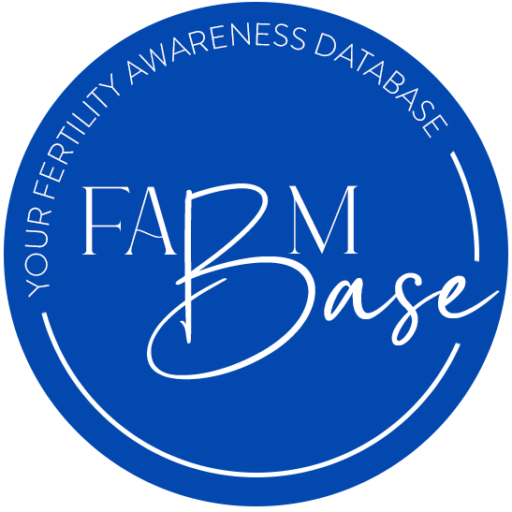Sympto-Thermal Method: Couple to Couple League
👩🏾🤝👨🏽⛪🥼🌡
- Tell us a little about yourself.I am newly married (7 months). I love being outside running or walking, or watering my garden. I am an avid reader, and high school mathematics teacher. I have a twin sister who is a board certified OB/GYN, and is probably my polar opposite when it comes to thoughts on sex, fertility, and reproductive health - we have some interesting conversations! I am Protestant, but strongly discerning joining the Catholic church - even so, I was on board with practicing NFP well before my husband! I was diagnosed with a chronic form of leukemia 10 months ago, which turned my world upside down.
- What effects has fertility awareness had on your relationship?We really enjoy practicing NFP, and do think that all those “hallmarks” have been true—increased communication, really learning how to enjoy your spouse during periods of abstinence, etc . It has not been easy, though. Since I was diagnosed with cancer, and started chemo, a couple of months before our wedding, our plans to start a family right away were quickly changed. Due to treatment, we have to very strictly avoid pregnancy right now, and makes us very cautious when it comes to sex. My husband is the most wonderful and least-selfish person, and ensures me he does not care that we only have sex once or twice a month, but I hate it, and feel like we are falling “behind” with learning about each other…and that it will never get better because we can never practice (obviously I know this isn’t true). My husband is fairly involved with my fertility. He took the classes with me, and understands the charting alright. But he pretty much depends on me to keep track of things day to day. However, he really wants to know, and does ask all the time about it. Overall, I think that practicing NFP does strengthen our relationship, our trust, our communication, and our faith—especially when it is hard.
- How did you find your instructor?I found our instructor online, via a pamphlet of options from our parish. We received initial instruction, but have not done any follow-ups (thinking about it). Due to COVID, all of our instruction was from videos, so we do not personally know an instructor to follow up with. The cost was around $130.
- Describe your daily charting routine.I officially began charting about 1 year ago (a few months before marriage), but starting tracking and lightly charting a year or so earlier (before being formally trained). I take my temperature at 5:40am every day (have an alarm set on my phone, whether I get up at that time or not). I track temperature and mucus only. I don't feel that the components of using this method negatively affect my life at all - it isn't hard, or a burden to do so. I can get down sometimes when something in my cycle isn't how I would "like" it (long phase 2 leading to short phase 3, etc). Positively, it has been really helpful to walk into my OB's office with my chart and know exactly what I wanted to talk to her about, and pin-point when something "weird" was happening, so we could address it. I felt like I had power and confidence to advocate for myself in these situations.
- What made you choose this method?We chose this method, honestly, because during COVID we could take all the classes online without having to go around other people. Also, my husband and I liked having multiple bio-markers to help make the decisions about when it was appropriate to abstain or not. I typically have fairly regular cycles, so it has worked well so far. I did research other methods extensively, but for now, this works well for our lifestyle.
- Has charting helped you to understand your overall health?Yes! Over time, the chemo treatment I am on (I take daily oral chemo vs IV chemo) has started to affect my periods, and it has been really helpful to "see" this happening on my chart, and know where the differences have been. I can also pin-point almost to the day when my stomach will be upset on my period, and plan ahead for that, based on my data. It is empowering to go to my doctor (who is very supportive of our choice to practice NFP), and clearly show her what is going on and have the data to back it up specifically. (She said she loves her patients who practice NFP for this reason!). There are still a couple things I think I need to work on (short Luteal phase, and probably some underlying hormonal issues there) but for now, we need to get other areas of my health in line before tackling that.


